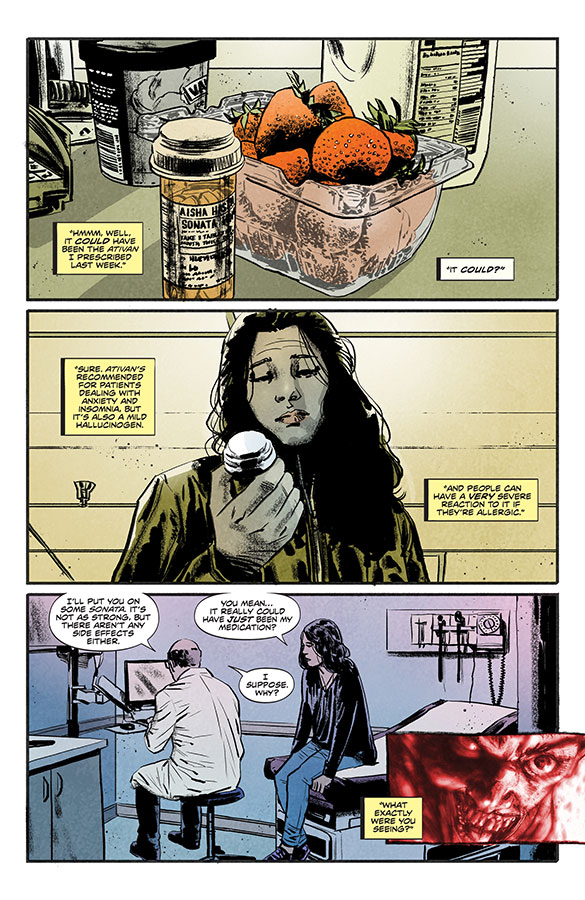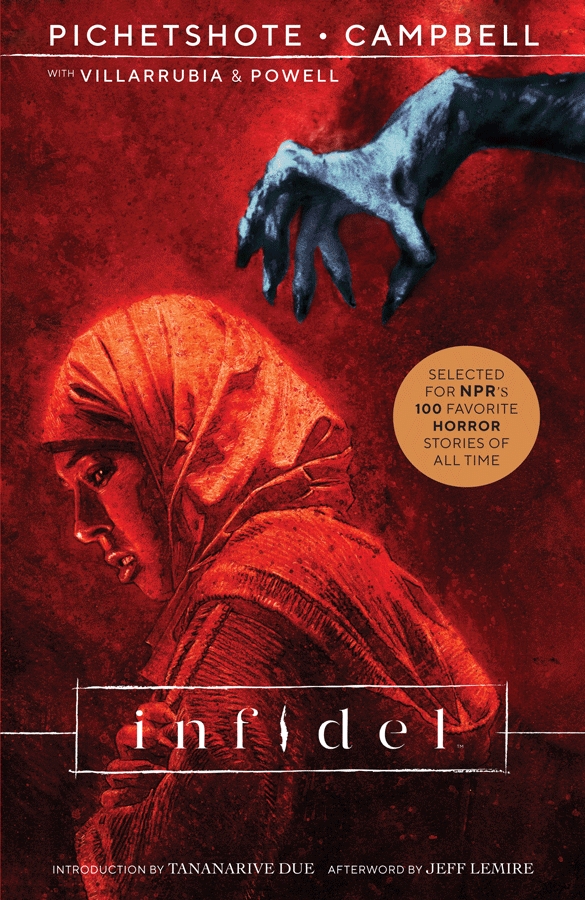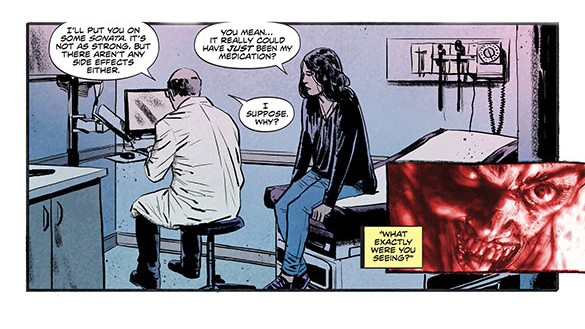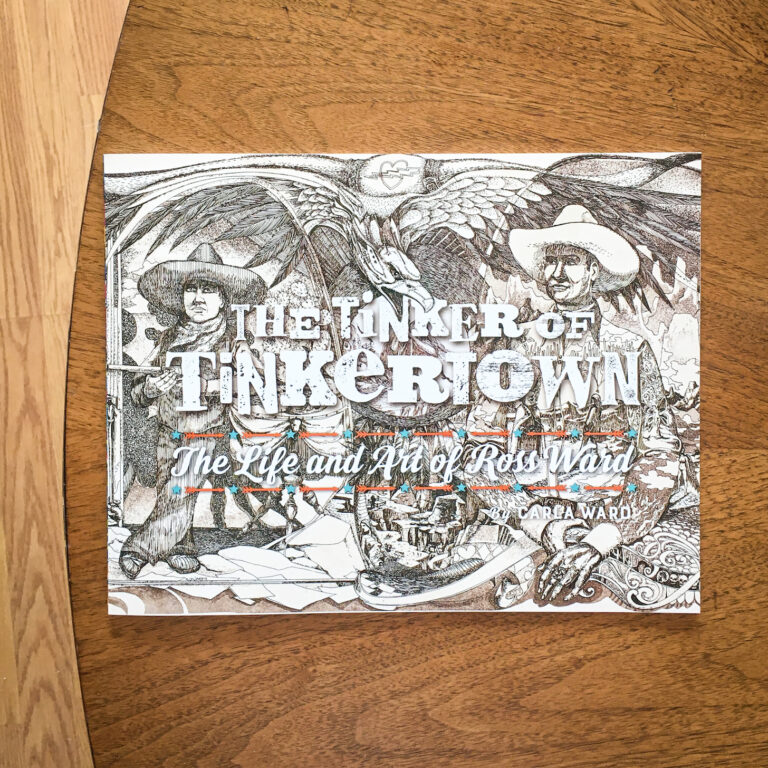Culture Shock: Infidel And Inclusivity
Image Title Raises The Bar For Mainstream Stories


Infidel is a comic that is stretching what has long been the dominant narrative in comic book culture
Image Comics

Image Comics








